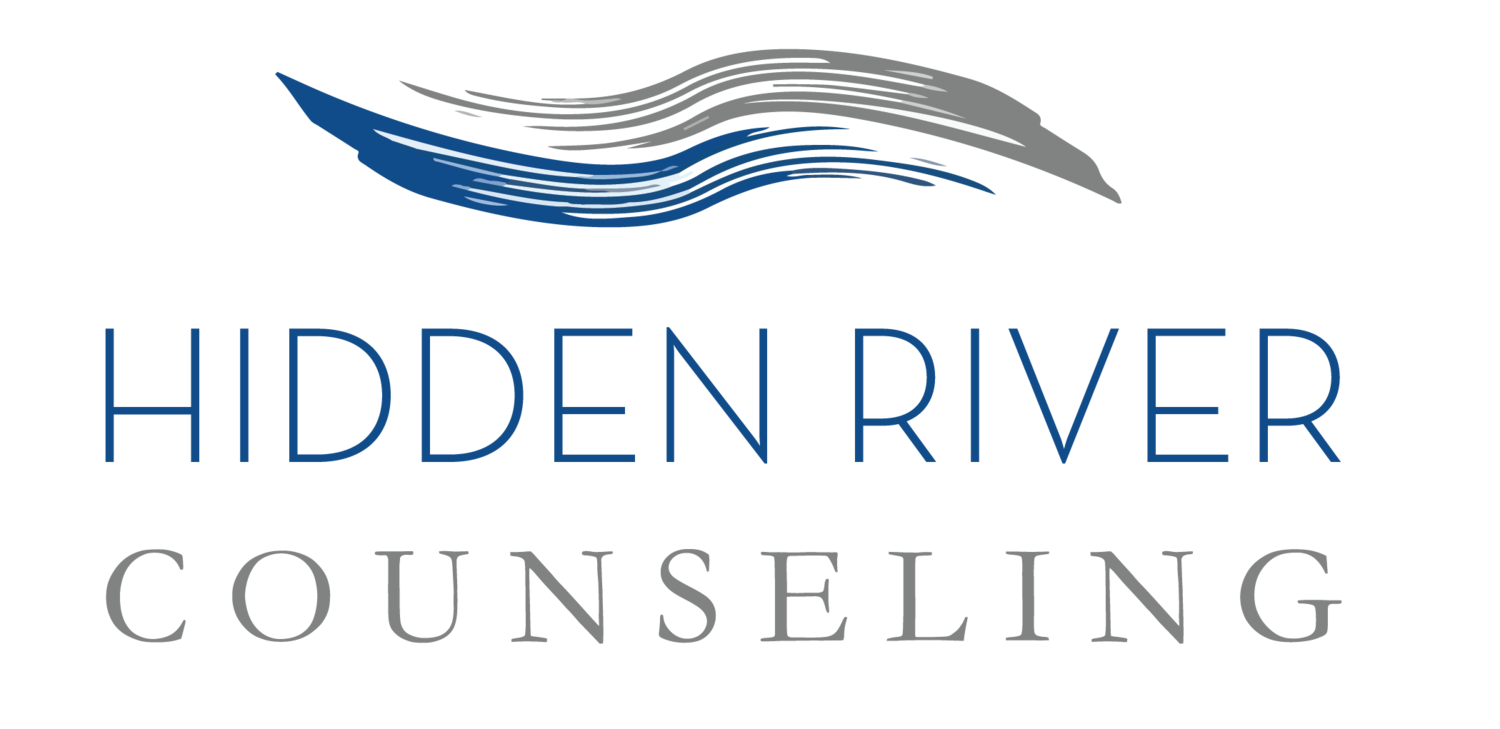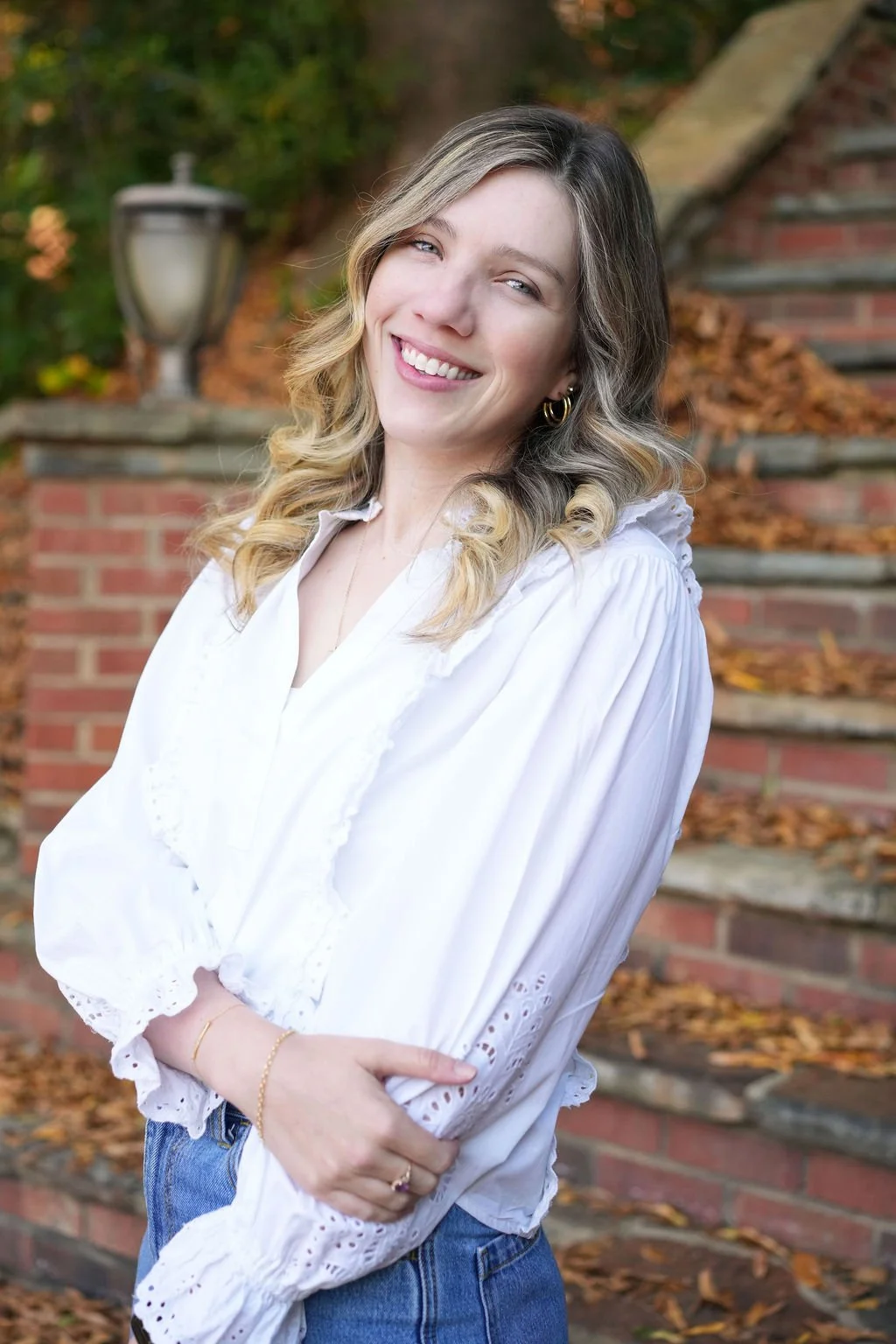Amanda Specializes in Trauma Recovery and Overcoming Codependency.
Amanda believes therapy is holistic work where we learn to recognize the strength that lies within ourselves as we retell our stories. She is eager to walk beside those in the trenches and give them a safe space to process the things that may feel too heavy to hold alone.
Amanda brings a collaborative approach to therapy in a non-judgmental environment where clients are empowered to be their whole selves and move toward healing and growth. She believes the reason people begin counseling can point toward a deeper story that we can explore and work through together.
Amanda is trained in emotionally focused therapy and neurofeedback, and enjoys incorporating somatic work and attachment theory from a trauma-informed approach. She incorporates polyvagal theory into all of her work with clients, believing that giving clients the tools to move their nervous system out of a survival state empowers them to change their stories. Amanda believes that we can move toward connection with ourselves and those around us when we learn how to connect with our bodies first, ultimately bringing deeper healing to our minds and relationships.
Her hope is that therapy is a space where you can experience goodness in the middle of your grief, questions, and pain, and learn how to incorporate the painful parts of your life as part of your story, but not the whole narrative.
Amanda’s Specialties include: Trauma Recovery, Betrayal Trauma Recovery, Couples Therapy, Complex/Developmental Trauma, Codependency, Grief and Loss, and Spiritual Abuse.
Amanda received a Master of Arts in Clinical Mental Health Counseling from Richmont Graduate University and a Bachelor of Arts in Creative Writing Nonfiction from the University of Missouri-Columbia. She is a member of the Green Cross Academy of Traumatology and is a certified Compassion Fatigue Educator, Compassion Fatigue Practitioner, and Field Traumatologist. Amanda loves to write, spend time with loved ones, and go hiking in her free time.
“You don’t need another before and after story; you need grace for the middle of your story.”
― K.J. Ramsey


